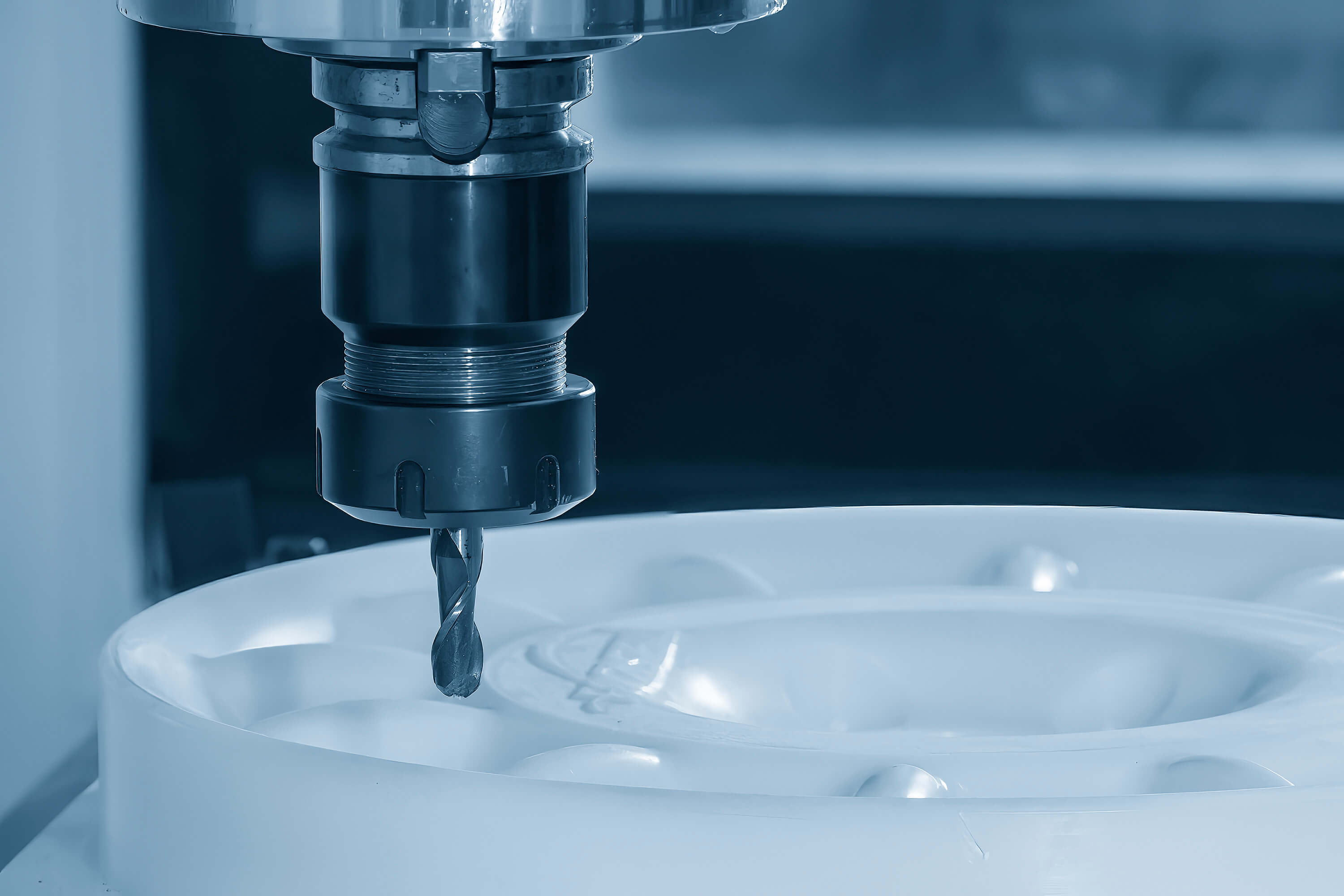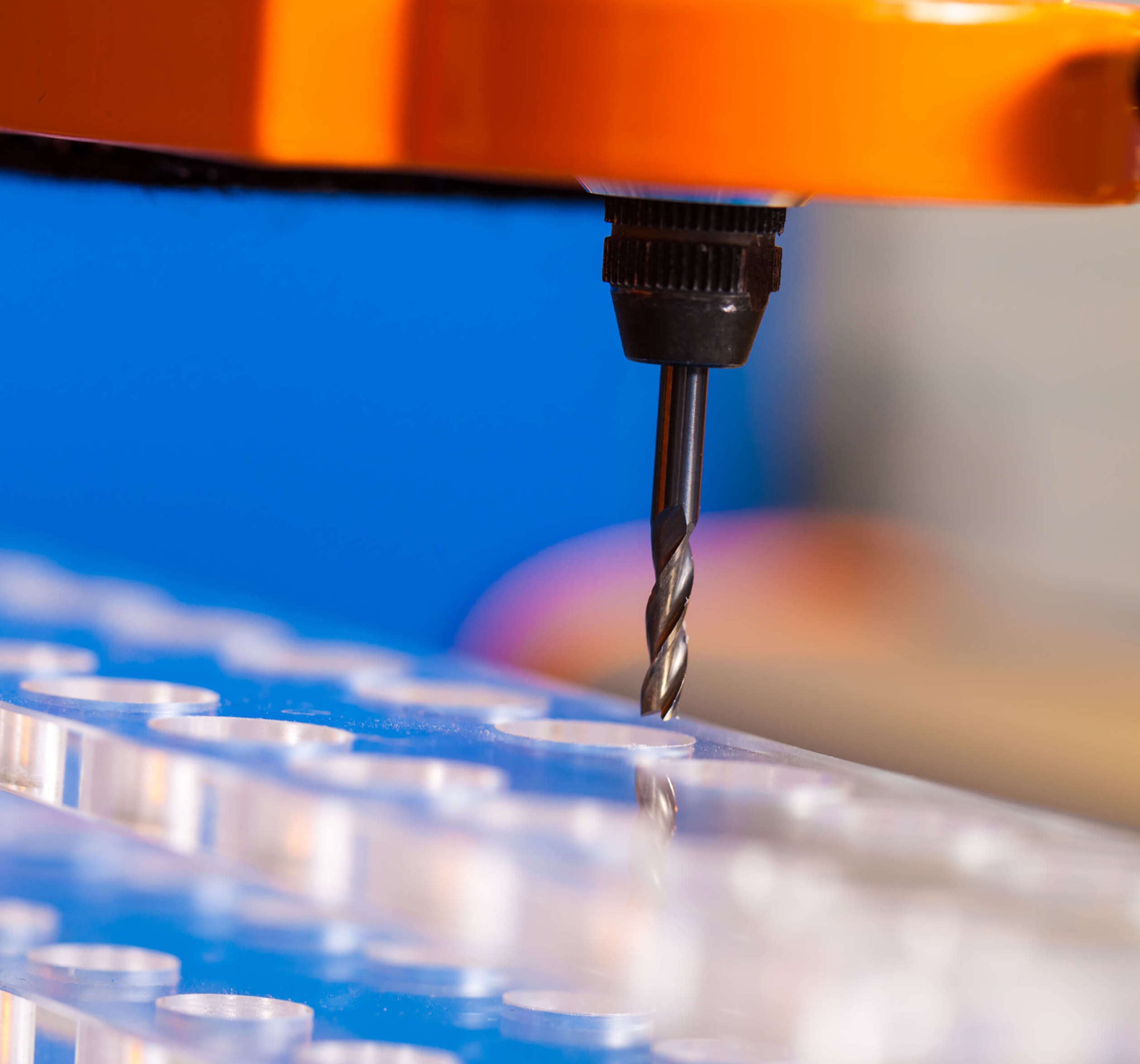High-Density Polyethylene (HDPE) is a widely used, versatile thermoplastic polymer known for its durability, chemical resistance, and cost-effectiveness. HDPE is distinguished by its high density and strength compared to other polyethylene types, making it suitable for a range of applications, from packaging to construction and industrial components. Below are some of the most common uses of HDPE across various industries.
Packaging
HDPE’s lightweight, durable, and chemically resistant properties make it ideal for packaging materials that need to withstand handling, exposure to elements, and potentially harmful substances. Common uses include:
- Plastic Bottles: Used extensively for milk, juice, detergent, shampoo, and household cleaners, as HDPE bottles are lightweight, unbreakable, and resistant to impact.
- Containers: HDPE is often used in tubs, pails, and other containers that store food or chemicals, offering a hygienic, non-reactive surface.
- Plastic Bags: High-strength HDPE is used in grocery bags, retail bags, and other packaging films due to its low cost and high tensile strength.
Piping Systems
HDPE’s high strength, corrosion resistance, and flexibility make it ideal for a variety of piping applications. It’s used for:
- Water and Sewer Pipes: HDPE pipes are corrosion-resistant, lightweight, and flexible, making them suitable for underground water and sewer systems.
- Natural Gas Distribution: Due to its resistance to chemicals and ability to withstand pressure, HDPE is commonly used in pipelines for natural gas distribution.
- Irrigation Pipes: In agriculture, HDPE is often used in irrigation systems where durability and resistance to chemicals like fertilizers are essential.
Construction Materials
HDPE’s durability, flexibility, and resistance to UV radiation and chemicals make it a valuable material for the construction industry. Key uses include:
- Geomembranes: Used as liners for landfills, HDPE geomembranes prevent contamination of soil and groundwater, providing a long-lasting, flexible solution.
- Corrosion-Resistant Pipes and Fittings: HDPE pipes are widely used in construction due to their resilience in harsh weather conditions, making them suitable for plumbing and waste disposal systems.
- Building Facades and Cladding: HDPE panels can be used in exterior building facades for lightweight, durable, and weather-resistant finishes.
Agriculture
In agriculture, HDPE’s resilience to chemicals and harsh environmental conditions is essential. It is commonly used in:
- Greenhouse Covers: HDPE plastic sheets are commonly used as greenhouse covers, protecting plants from weather while allowing light transmission.
- Mulch Films: HDPE mulch films are used to cover the soil in fields, helping retain moisture, prevent weed growth, and regulate soil temperature.
- Agricultural Tanks: Storage tanks made from HDPE are used for water, fertilizers, and other chemicals due to their strength and chemical resistance.
Consumer Goods
HDPE’s durability and ability to withstand impact make it suitable for a variety of consumer products, including:
- Toys: HDPE is commonly used in children’s toys due to its durability, safety, and lightweight characteristics.
- Household Goods: It is found in a wide range of household products, such as food storage containers, cutting boards, and bins, due to its food safety and ease of cleaning.
- Furniture: Outdoor furniture, particularly tables and chairs, are made from HDPE because it’s weather-resistant and does not degrade when exposed to sunlight.
Automotive Industry
The automotive industry uses HDPE for various components due to its strength, chemical resistance, and impact tolerance. Key applications include:
- Fuel Tanks: HDPE fuel tanks are corrosion-resistant, lightweight, and chemically stable, making them a preferred option in modern vehicles.
- Car Interiors and Trims: Components like dashboards, door panels, and interior trims are often made from HDPE due to its durability and ability to withstand temperature variations.
- Bumpers and Liners: HDPE is used in automotive bumpers and liners as it is resistant to impact and can handle abrasion from road conditions.
Electrical and Telecommunications
In electrical and telecommunications applications, HDPE provides excellent insulation properties and protection against environmental factors. Its uses include:
- Cable Insulation: HDPE is used to insulate electrical and data cables, protecting them from moisture and chemicals and enhancing durability.
- Conduit Pipes: HDPE conduit pipes are widely used to protect underground cables from damage due to environmental factors and physical impact.
- Fiber Optic Cable Sheathing: HDPE sheathing is used to protect fiber optic cables, as it offers low moisture absorption, flexibility, and high resistance to environmental stress.
Marine Applications
In marine environments, HDPE’s resistance to saltwater corrosion and UV degradation makes it an excellent material choice. Some typical applications include:
- Floating Docks and Pontoons: HDPE is often used in floating docks and pontoons because of its resistance to saltwater, impact strength, and lightweight characteristics.
- Buoys and Navigation Markers: HDPE’s buoyancy and durability make it ideal for buoys, marker floats, and other navigational equipment that must withstand exposure to harsh marine environments.
Medical and Laboratory Equipment
HDPE’s chemical resistance, impact resistance, and ease of sterilisation are valuable in medical and laboratory settings. Common uses include:
- Storage Containers: Used for storing medical samples, chemicals, and other substances safely.
- Medical Waste Disposal: HDPE containers are often used for disposing of medical waste due to their ability to contain hazardous materials securely.
- Prosthetics: HDPE is sometimes used in prosthetic devices because it is lightweight, durable, and compatible with human skin.
Conclusion
High-Density Polyethylene (HDPE) is a remarkable material that provides numerous benefits, including chemical resistance, impact strength, and flexibility, while being lightweight and cost-effective. Its applications range from packaging and piping to automotive and medical products, demonstrating its versatility across various industries. HDPE’s resilience and durability make it a critical material for modern infrastructure, consumer goods, and industrial solutions, solidifying its place as one of the most essential plastics in today’s world.





Leave a comment
This site is protected by hCaptcha and the hCaptcha Privacy Policy and Terms of Service apply.